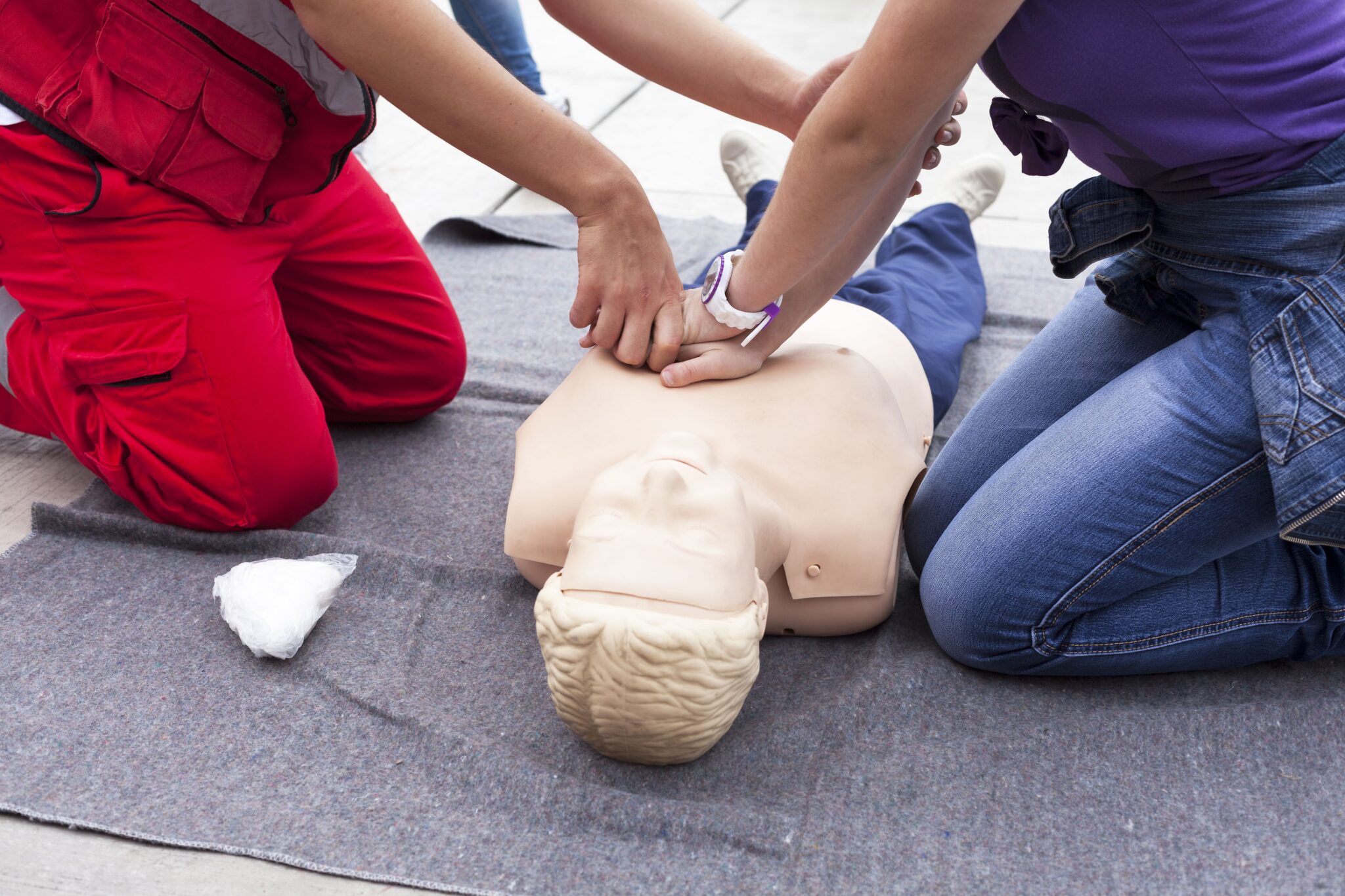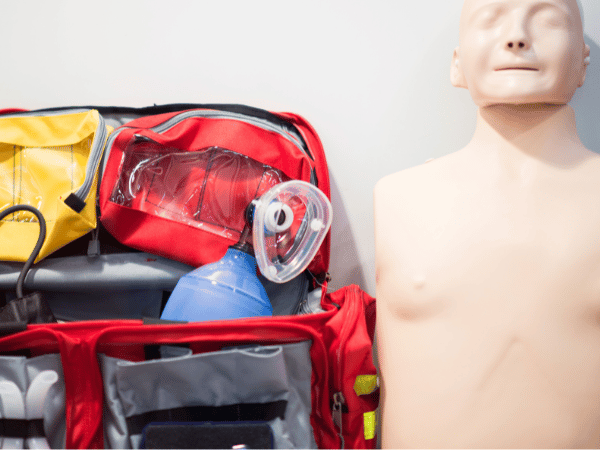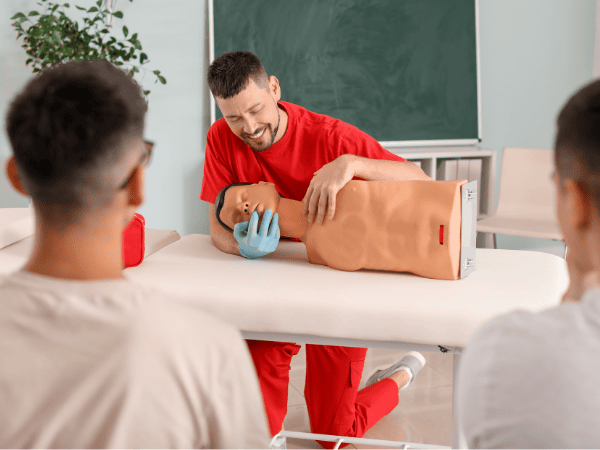When it comes to saving lives, one skill stands out as essential across numerous professions: CPR (Cardiopulmonary Resuscitation). CPR certification is a life-saving qualification that empowers you to assist during medical emergencies like cardiac arrest or choking. While it’s commonly associated with healthcare professions, many careers in other industries require this invaluable skill.
Whether you’re considering a new career path or simply want to boost your employability, knowing which jobs require CPR certification could help shape your decision. Below, you’ll find a comprehensive list of 50 careers where this certification is not just an asset but often a necessity.
What Is CPR Certification, and Why Is It Important?
CPR certification equips individuals with the ability to perform life-saving techniques during emergencies. These techniques help maintain blood flow and breathing in a person experiencing cardiac arrest. With over 350,000 cardiac arrests happening outside of hospitals annually in the US, having professionals trained in CPR in various settings significantly enhances survival rates. For employers, hiring CPR-certified candidates ensures workplace safety and preparedness for unforeseen medical situations.
Employers often prioritize candidates with CPR certification because it demonstrates your ability to stay calm under pressure and respond effectively in emergencies. Even beyond professional requirements, CPR training can make you a hero in everyday life.
On to the main event! Here’s a breakdown of careers that require CPR certification across various industries.
Careers Requiring CPR Certification in Healthcare
The healthcare industry is where you’d most expect CPR certification to be mandatory. Professionals in these roles often face emergencies that call for an immediate response.
- Doctors
- Nurses
- Paramedics
- Phlebotomists
- Anesthesiologists
- Dentists
- Dental Assistants
- Hospital Orderlies
- Midwives
- Physical Therapists
These medical professionals are often the first line of defense during health crises. Understanding CPR isn’t just a skill for them; it’s a necessity.
Emergency Response Careers
Emergencies happen when you least expect them—that’s why experts in these roles are trained in CPR.
- Firefighters
- Emergency Medical Technicians (EMTs)
- Ski Patrol Members
- Search and Rescue Personnel
- Lifeguards
- HAZMAT Responders
- Combat Medics
These professionals face high-pressure situations daily. Their CPR skills can be the deciding factor between life and death during critical moments.
Childcare and Education
Children are often vulnerable to choking, falls, or sudden medical conditions. Educators and caregivers must be ready to respond swiftly.
- School Teachers
- Babysitters
- Nannies
- Daycare Providers
- Guidance Counselors
- Nursery Staff
- Coaches
Some jurisdictions make CPR certification mandatory for teachers and childcare personnel. Even if it’s not a legal requirement, parents (and employers) appreciate this qualification.
Law Enforcement, Security, and Transportation
Safety is paramount in these fields. Knowing CPR ensures professionals are prepared regardless of their environment.
- Police Officers
- Prison Guards
- Security Guards
- Bodyguards
- Flight Attendants
- Cruise Ship Staff
- Bus Drivers
For flight attendants, in particular, CPR becomes crucial when emergencies arise mid-air, far from immediate medical assistance.
Sports and Fitness
Professionals who promote physical activity also need to safeguard it with proper first aid and CPR training.
- Personal Trainers
- Yoga Instructors
- Athletic Trainers
- Sports Coaches
- Gym Staff
The intensity of physical activities can sometimes lead to unexpected injuries or cardiac events, making CPR knowledge essential in sports and fitness.
Trades, Construction, and Outdoors
From physically demanding tasks to high-risk situations, these industries see higher-than-average workplace hazards.
- Electricians
- Construction Workers
- Tree Service Professionals
- Roofers
- Park Rangers
- Outdoor Adventure Guides
These professionals often work in environments where immediate medical assistance isn’t readily available. CPR certification ensures they’re ready to provide aid when needed.
Customer-Facing Careers and Community Roles
Interacting with the public often involves unpredictable scenarios that require immediate action.
- Social Workers
- Librarians
- Retail Managers
- Restaurant Staff
- Event Planners
- Tour Guides
- Wedding Coordinators
- Animal Control Officers
Although these professions may not seem like obvious candidates for CPR requirements, emergencies don’t discriminate. Having CPR-certified staff can significantly enhance workplace safety.
Why CPR Certification Matters Across Careers
Regardless of industry, CPR knowledge reflects leadership, responsibility, and preparation. It might be the one skill that gives your job application an edge or helps you step up when no one else can.
Beyond employability, it makes you an indispensable contributor, whether you’re on the factory floor, standing at the front of a classroom, or guiding a team through the wilderness.
How to Get CPR Certified
If you’re considering a career that requires CPR certification or simply want to add this valuable skill to your repertoire, getting certified is straightforward.
AHA-certified training centers like Safety Training Seminars offers accessible CPR training programs that cater to different skill levels and industries. With over 65 offices in Northern California, finding a CPR certification course near you is easy. Explore in-person training or virtual courses that integrate hands-on practice for a comprehensive learning experience.
Enhance Your Career and Make a Difference
CPR certification is more than just a checkbox for employment. It’s an empowering skill that saves lives and positions you as a valuable asset in any job. Whether you’re starting a new career or looking to grow in your current role, CPR training is a step in the right direction.
Don’t wait for an emergency to realize how vital this knowledge can be. Contact us and get certified today. You never know when you could make all the difference.
ACLS certification is crucial for those working in life-saving professions, including paramedics, nurses, and physicians, who must be prepared to act swiftly in cardiac emergencies. For individuals just beginning their medical careers or seeking to maintain foundational skills, enrolling in BLS CPR Classes in Redding offers a solid starting point. These classes build the essential knowledge needed to progress into more advanced training like ACLS.
If you’re pursuing a healthcare role or any profession that involves emergency preparedness, enrolling in BLS CPR Classes in Merced can be a crucial step. These courses not only meet certification requirements but also build confidence in real-life response scenarios—especially for those exploring careers that require CPR certification.








